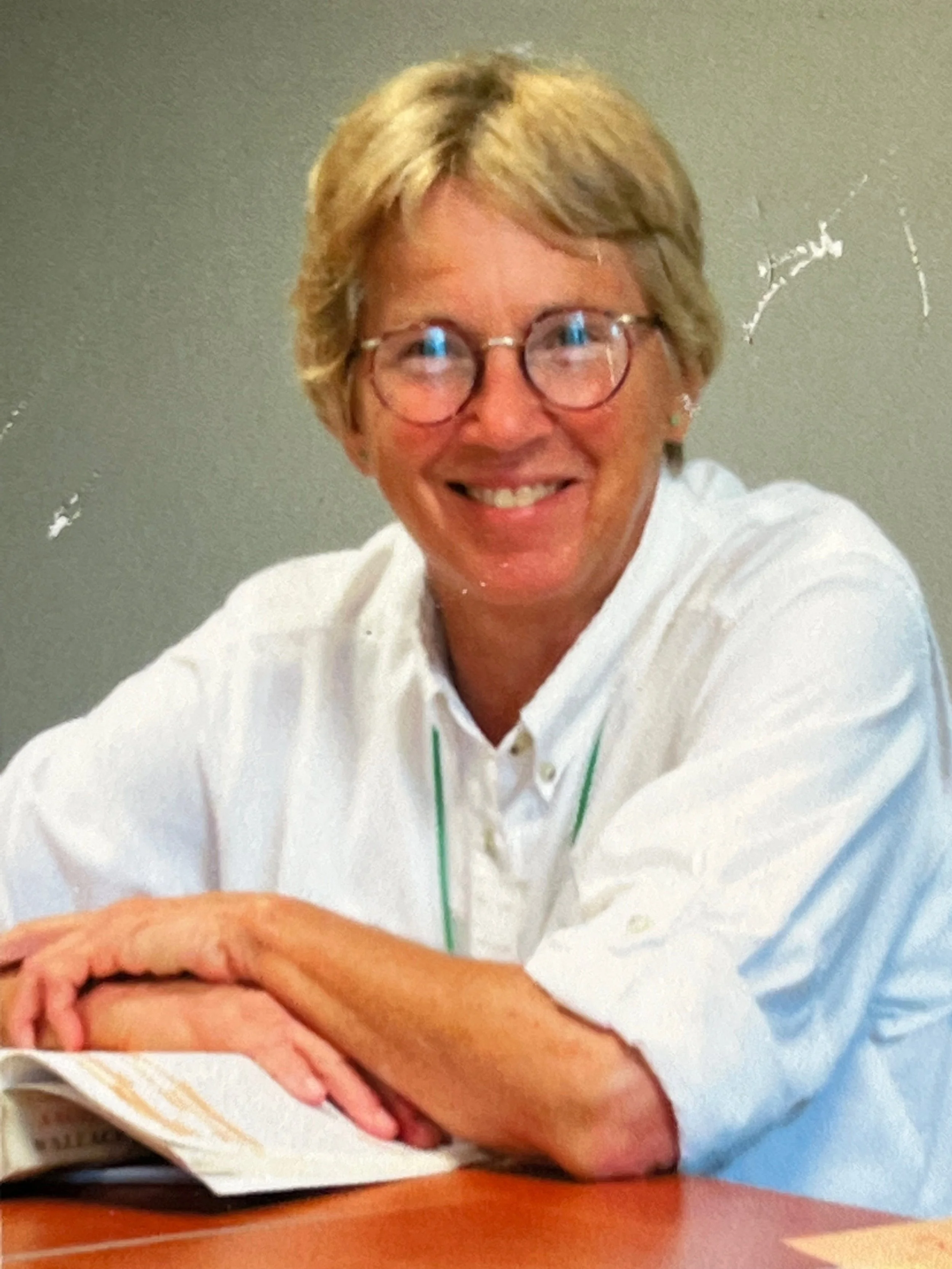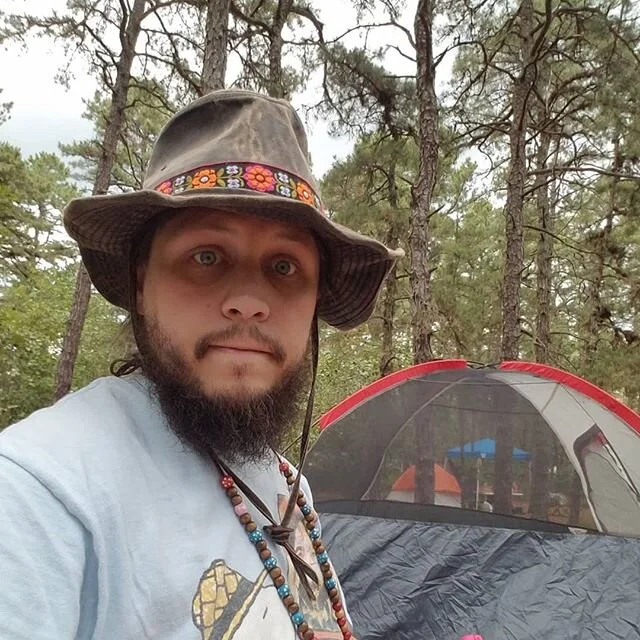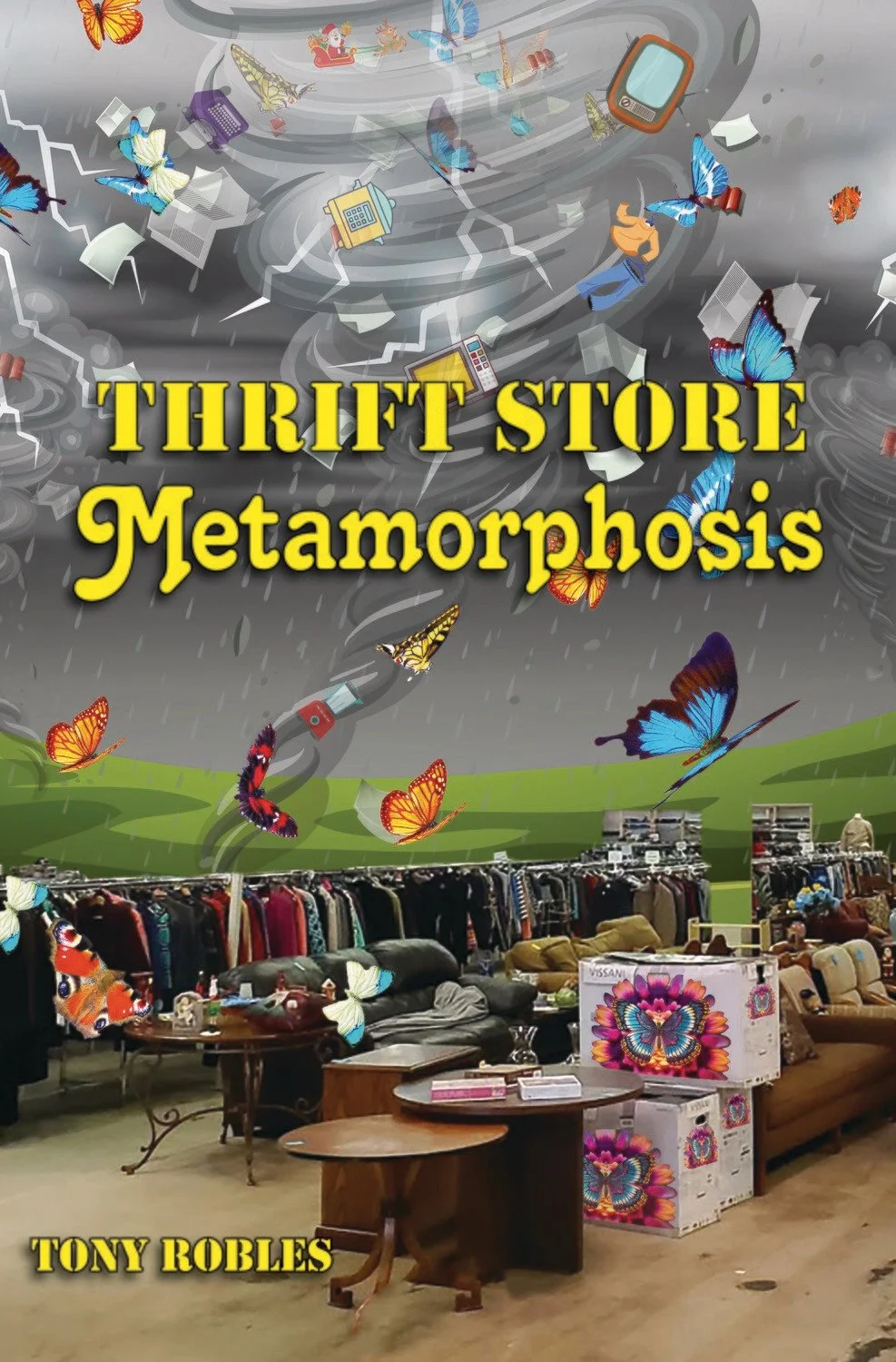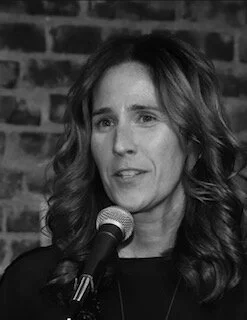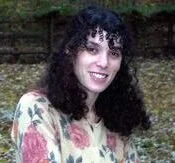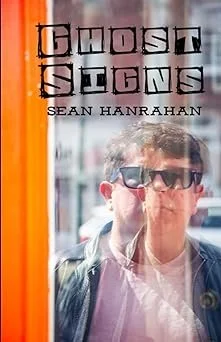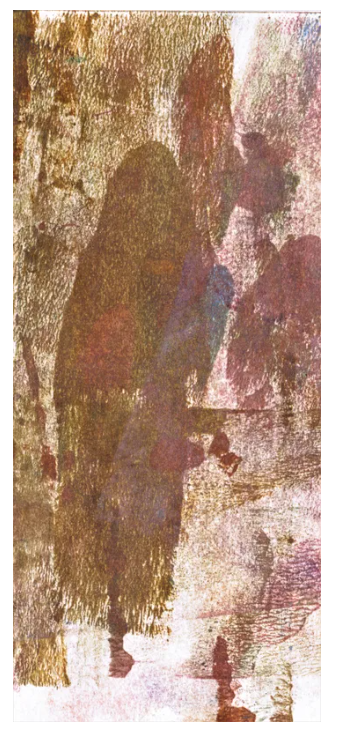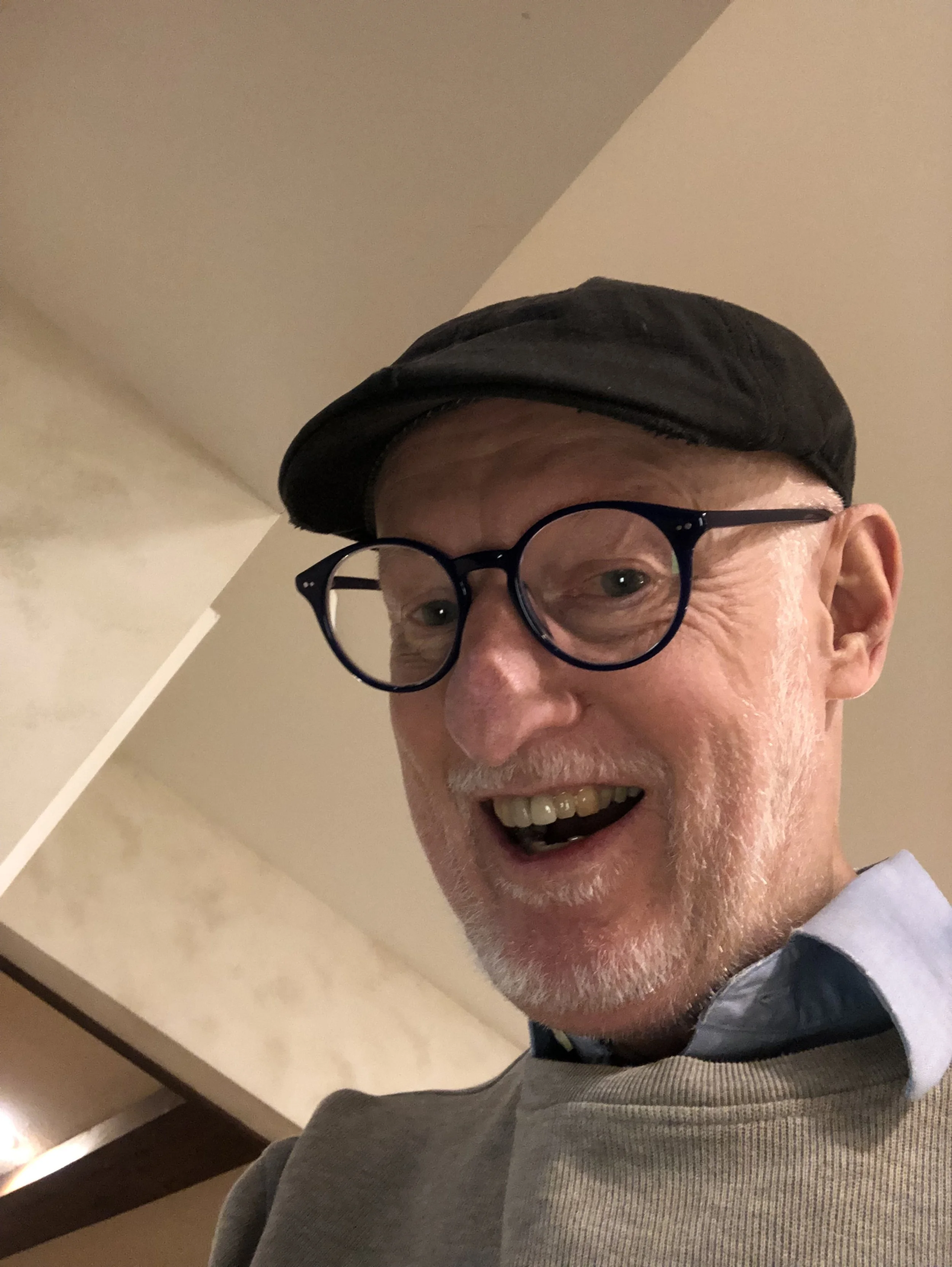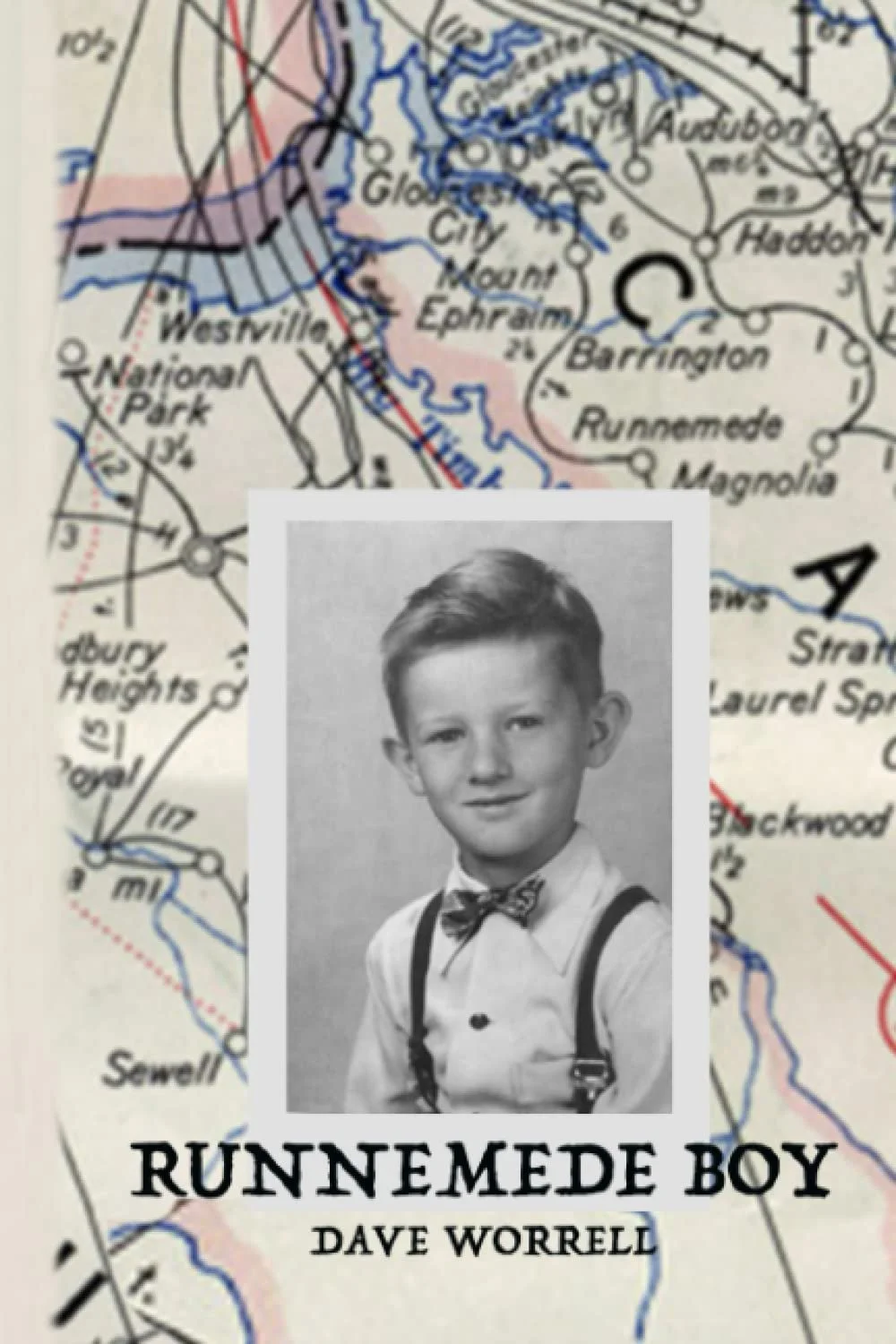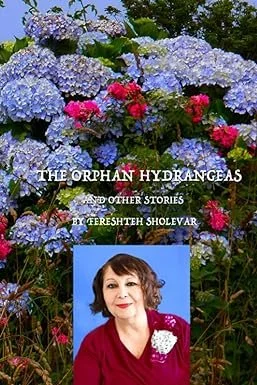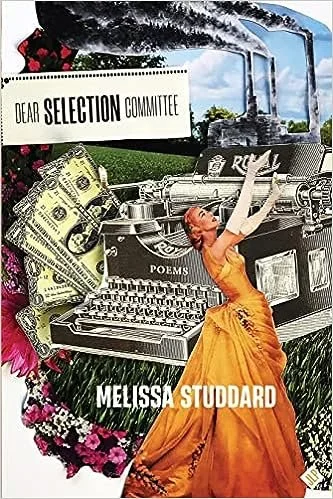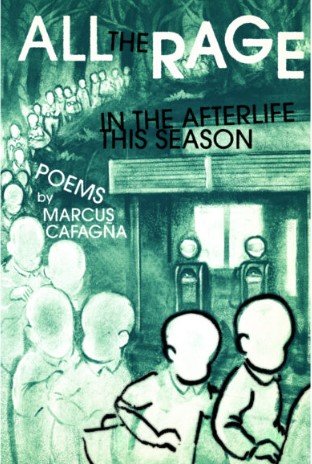Steve Delia’s Raining with the Sun Out is all such things and a perfect reading choice for all kinds of weather. The collection captures emotions across life’s seasons and continuously surprises in ways only a rain shower followed by a spectacular sunset, sunrise, or rainbow can. Raining with the Sun Out is a celebratory work, both tribute and triumph and grounded in life throughout the Philadelphia region (with camaraderie and literary locals such as the Glenside and Fox Chase Libraries, a recurring theme).
Raining with the Sun Out unites a new volume of pieces with previously published, slightly updated favorites. Albeit cliche, the saying that the sum is often greater than its individual parts highlights truth in this context as, being a first-time reader of both collections, I can’t imagine reading one without the other. As Delia explains in the Preface (3), the collection is a “twofer” (like “CDs where you get two albums on one CD”) and, I’d add, a celebration well worth the time spent reading.
The collection honors those who influenced the work and its individual pieces, either directly or indirectly, and serves as a model for rich storytelling. It’s a verifiable and self-described bonus book (a “double feature”) that includes a reproduction of the 2007 chapbook 1622 Church Street and its gorgeous illustrations compliments of artist Lisa Lutwyche, as well as Between the Books (positioned appropriately in the collection’s middle). 1622 Church Street serves as the collection’s final part, with seventeen poems, each of which was born out of an initial list bearing the collection’s name. (Delia continues to inspire in list form in Raining with the Sun Out. See, for example, “Prescription for Happiness” and “Prescription for Misery.”
Whereas 1622 Church Street compiles Delia’s earliest memories, from smells to music to the people that make life worth living (and well lived), Raining with the Sun Out is a present-focused compilation of the author’s more recent lived experiences. While for Delia, a gifted storyteller who shares generously, “the present is always more interesting than the past” (3), I claim new-to-me favorite pieces and shared wisdom and life lessons throughout the entire collection. Delia’s past, as shared in 1622 Church Street , shines with compelling narratives that provide seeds for the present collection.
Delia is generous across theme and style. The author masterfully takes the familiar (see “Familiar Faces”), with many pieces dedicated) and turns otherwise ordinary interactions, foods (scrapple and cheesecake repeated mentions), and moments (baseball another frequent reference) –
for example,
“Abbey Strings”
Abbey takes her seat
at the critique table
long strings swing
from her sweatshirt
sway across pages of her poetry
maybe they have a suggestion, too
into seeds and themes of friendship, fear, love, loss, death, and the power of writing through all of life’s experiences. In “Familiar Strangers” and the collection as a whole, Delia turns strangers into friends and readers into fans.
It’s a journey in both literal (from “The Cellar” to “Illusions, Holmesburg 1966-1986”) and figurative form. It’s a mirror into a life lived richly and an invitation to come along. It’s overly simplistic to say the collection is a pure delight to read, but it is. The pieces span decades and take on a type of dance, with each piece both a movement in a life and a window into a life well-lived. An authentic storyteller, Delia not only invites you into his home - whether 1622 Church Street or otherwise, but makes you want to stay with delicious offerings of whimsy and depth atop otherwise ordinary interactions.
For example, “Sex and the Solar System”
“They are really cool underpants, you said
but there is a hole in Jupiter
then you went off on some scientific tangent
that normally I might find interesting
and “My Date with Cecily”
Living out a fantasy
I was going out on a date
with Cecily Tynan
the gorgeous local news weather forecaster
We have perfect weather
I said to Cecily”
Delia’s love and admiration for those of whom he writes is palpable. The collection inspires reflection on those who influence our lives as well as connection through strung words, memories, and poetic phrasing. Delia opens the door into his own remarkable life, built of ordinary turned extraordinary moments, and, in doing so, opens the door for readers to unite in the joys of poetry and its potential to transform.
Delia teaches as he entertains. Poems not only provoke reflection, but also demonstrate the power of writing to capture moments so that meaning might be made.
In Writing about Writing, Delia shares tips –
“Writing Tips”
Never argue with the muse
you will never win
“White Space”
the galaxy where there is nothing to explore
the nothing that means something
sacrificing itself
for the good of the poem
“Defined by Verse”
My poems trust me
even when I don’t
trust myself
they keep me grounded
when I’m airborne
they will define me
after I am gone
The collection’s style and form vary, with pieces that include, in part, a letter, prose, memoir, and poetic verse. Delia applies repetition throughout the collection to create a familial and familiar feel across character, theme, and experience while simultaneously ensuring each piece is utterly unique.
For example, “They Swore”:
She swore
she would appreciate him more
but she never got close
never learned
how to play horseshoes
He swore
he would never make her cry
now he won’t even throw her
a life jacket
Raining with the Sun Out is the best of all weather patterns and a perfect jacket companion for any type of weather. This lively book aptly captures the nostalgia and anticipation that accompany change and is primed to change the hours you spend with its contents for the better. Get your pencils ready, as well, for the work will both warm and inspire waves of new verse. Most of all, soak up the author’s tremendous poetic prowess and enjoy the work’s expansive embrace.) and figurative form. It’s a mirror into a life lived richly and an invitation to come along. It’s overly simplistic to say the collection is a pure delight to read, but it is. The pieces span decades and take on a type of dance, with each piece both a movement in a life and a window into a life well-lived. An authentic storyteller, Delia not only invites you into his home - whether 1622 Church Street or otherwise, but makes you want to stay with delicious offerings of whimsy and depth atop otherwise ordinary interactions.






